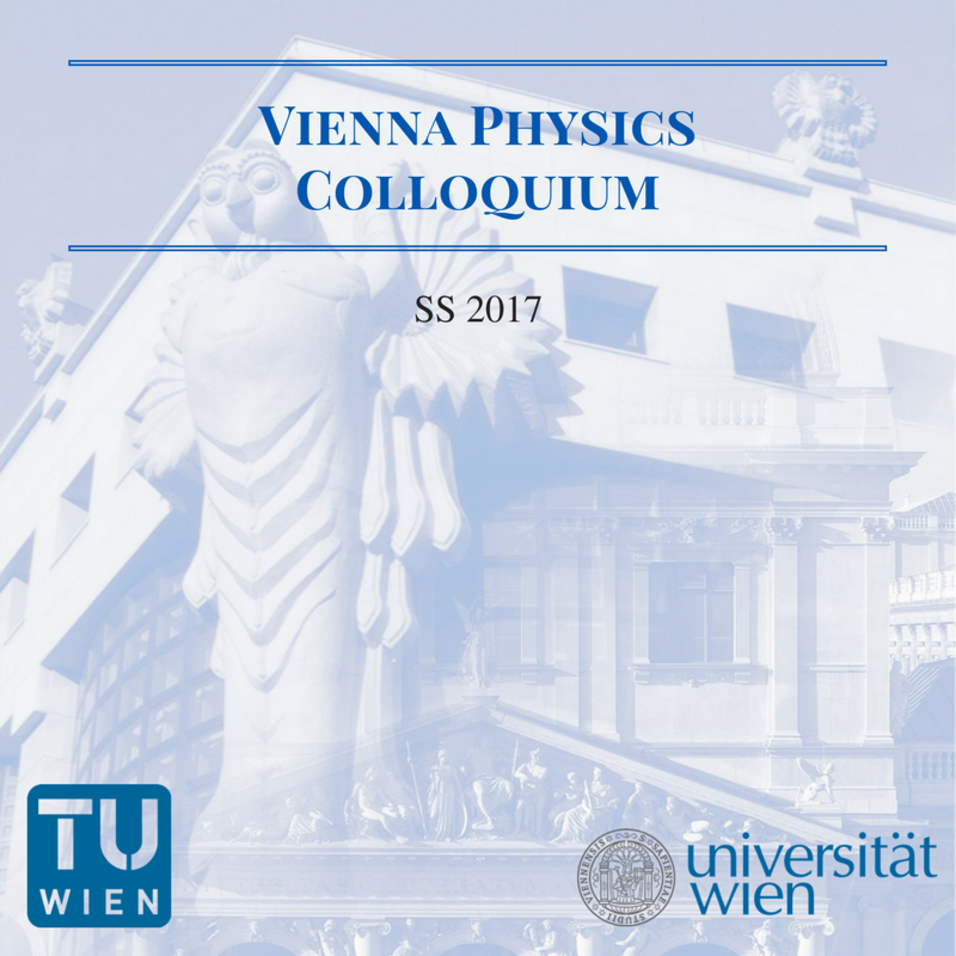Vienna Physics Colloquium with:
Ralph Claessen
University of Würzburg, Germany
Ralph Claessen is a professor and experimentalist in the field of solid state physics at the University of Würzburg.
Topological insulators go elemental
Topological insulators (TIs) are a new class of materials which due to intricate spin-orbit coupling effects are perfect insulators (at T=0K) in the bulk, while their boundaries carry topologically protected metallic surface (in case of 3D TIs) or edge (for 2D TIs) states. These states are spin-polarized and helical in nature, i.e. the spin is intrinsically locked to the electron´s momentum. As a consequence, backscattering is largely impeded, thereby strongly reducing the ohmic losses of surface (or edge) transport in TIs, with obvious application potential in semiconductor electronics. Furthermore, it has been proposed that TI-superconductor interfaces may host Maiorana fermion-like zero-energy quantum states of extraordinary large lifetimes, which could serve as solid-state realization of a qubit, the basic element for quantum computing.
While many TI materials have been discovered since their original prediction about a decade ago, most of them seem unsuitable for actual applications. Either their complex composition makes it difficult to realize a truly insulating defect-free bulk (e.g., Bi2(Se,Te)3), or their volume band gap is too small to facilitate room-temperature applications (e.g., HgTe). Against this background the hunt is on for simple, e.g., elemental TIs with preferably large band gaps. A number of candidate materials has been predicted by band theory, especially concentrating on group IV and V elements in the periodic table. Here I will report on our experimental activities on epitaxial thin film growth of such materials and their characterization by angle-resolved photoelectron spectroscopy (ARPES) and scanning tunnelling microscopy (STM). My examples range from α-Sn (aka gray tin) as a 3D topological material to graphene-like modifications of Sn and Bi (stanene, bismuthene) as candidates for the Quantum Spin Hall effect.
Monday, 29 May 2017, 17:30
(Get together from 17:00 onwards with coffee and snacks)

